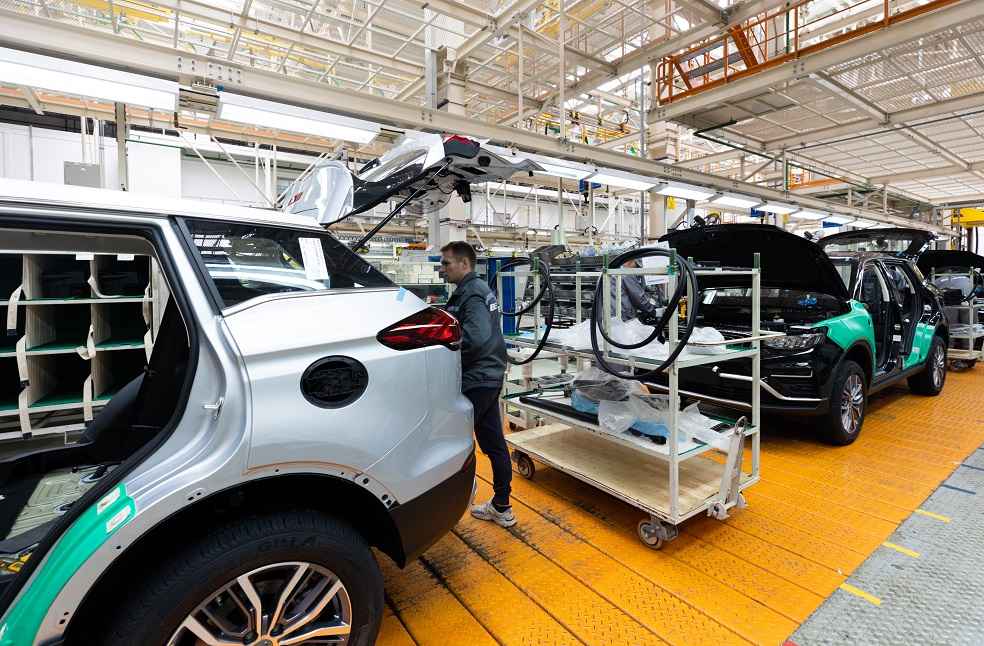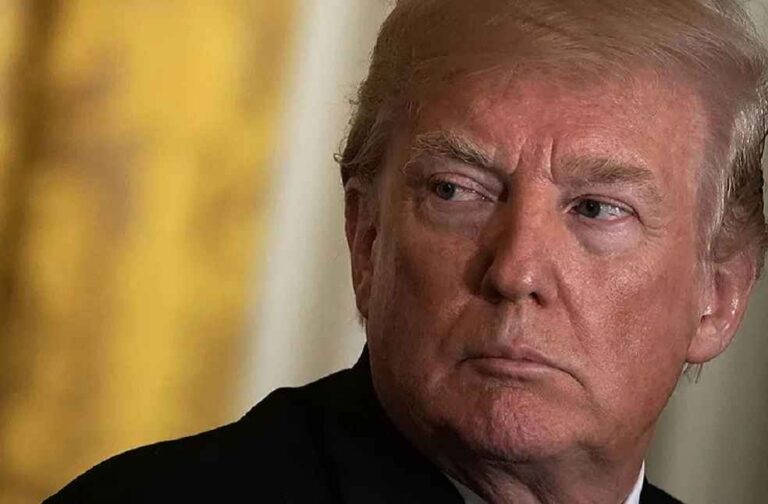The global demand for electric vehicles (EVs) is rising steadily in 2025, with S&P Global Mobility forecasting sales of 15.1 million battery electric vehicles—a 30% increase compared to previous years. This would position EVs to capture 16.7% of the light vehicle market. EV policies and tariffs under Donald Trump’s presidency are generating significant uncertainty for the industry.
Major EV players such as Tesla and China’s BYD face an unpredictable regulatory environment. The Trump administration’s stance on tax credits for EV buyers and incentives for manufacturers could reverse current support systems, complicating production and sales strategies. Trump, who previously referred to EV-related policies as part of a ‘green new scam,’ has criticized federal tax credits, such as the $7,500 benefit available to U.S. consumers for qualifying new EVs. This potential rollback, coupled with threats of tariffs on imported auto parts, could disrupt the global supply chain and invite retaliatory measures from other countries.

Stephanie Brinley, associate director of auto intelligence at S&P Global Mobility, “There’s just a lot of uncertainty in the air. It’s not an environment where you want to necessarily go gangbusters.”
While deregulation under Trump’s leadership might provide relief to certain industries, it poses challenges for automakers transitioning to EV production. The broader auto industry remains cautious, as global light vehicle production is expected to decline by 0.4% in 2025, following a 1.6% dip in 2024. These reductions reflect manufacturers’ efforts to align production with demand and the shift toward EVs.

Tesla, which dominates the U.S. EV market with a 50% share, experienced its first annual sales decline in more than a decade, slipping by 1.1% in 2024. In contrast, Rivian reported a modest 2.9% growth in deliveries. Meanwhile, automakers like Ford and General Motors are reallocating resources to support EV manufacturing rather than expanding overall production capacity.
China remains the largest market for EVs globally, followed by the U.S. However, potential tariffs on imports from key markets such as Mexico, Canada, and China could strain international production networks. Retaliatory tariffs could exacerbate challenges for automakers, further clouding the outlook for the industry in 2025.
GENERAL | Cox Automotive, Lookers Unite to Revolutionise UK Car Remarketing





